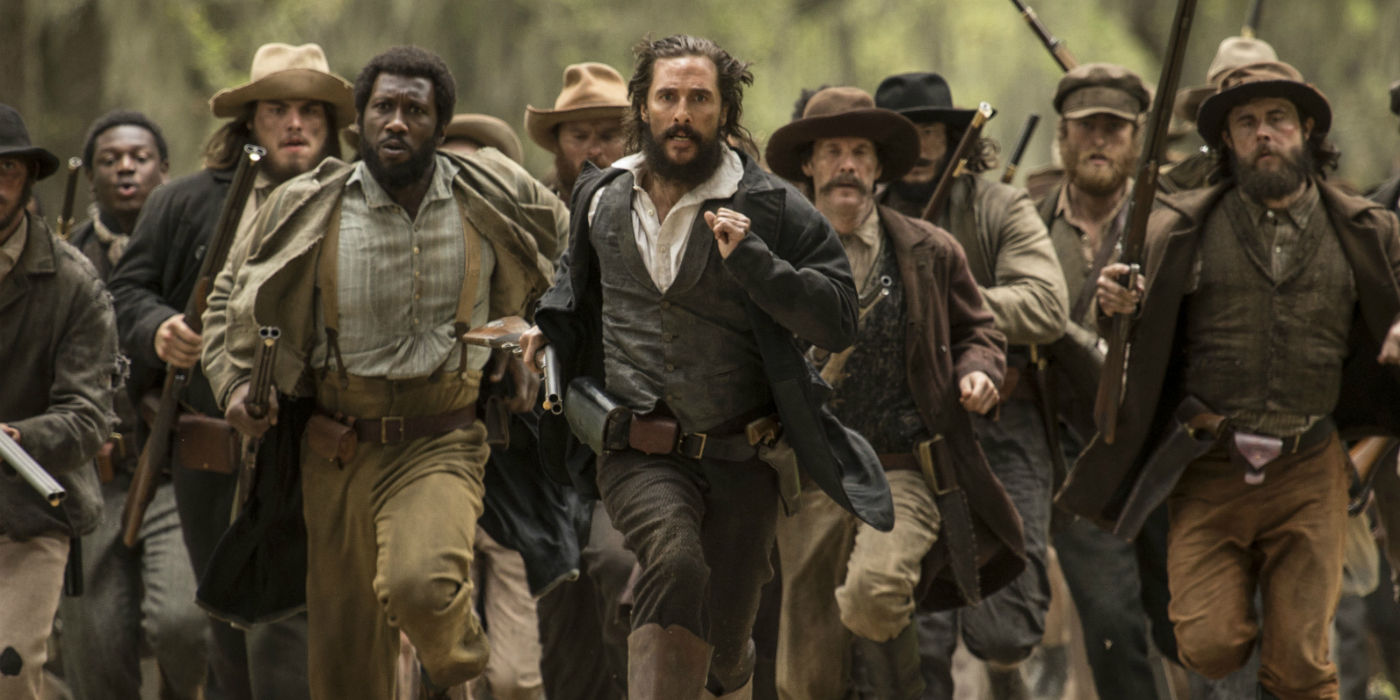
Episode 1: Glorious Purpose:
Loki (Tom Hiddleston) disappears from New York in 2012 and ends up being a prisoner of the TVA. (Time Variance Authority) The TVA accuses Loki of breaking his timeline, and she is about to be sentenced by Judge Ravona Renslayer (Gugu Mbatha Raw) when Mobius (Owen Wilson) intervenes. He wants to study Loki, see what makes him tick, and hunt down another variant while studying Loki, will Loki agree to help Mobius? Or will he just continue to have delusions of grandeur?
The concept of analyzing Loki is an interesting one, although they seem to be doing the same with the Winter Soldier in the other series. The problem is Loki always worked better as comedy relief, working off of Thor’s hyper serious character, can the character handle a storyline all by himself, or will the show become too Loki-centric. In this episode Loki seems to take a little too much pleasure in torturing his antagonists. The other issue is the cast, Hiddleston is a fine actor, but Owen Wilson and his Ambien inflected beach bum voice is hard to take seriously, Mbatha Raw is a pretty face who hasn’t had many complex characters to play. This series could be great, it could be lousy.
Episode 2 The Variant:
There’s a variant on the loose, and this variant is hurting TVA employees and hiding in certain events in time. Mobius uses Loki to try to find the variant, and stop its plan. But does Loki really want to find the variant or is he just playing with Mobius’ mind?
The two central questions in this show are, who is the variant, which the writers answer quite quickly and what are Loki’s motives, which will probably take all six episodes to answer. The more important questions are, is this plot sustainable and can it hold the audience’s interest for a season or longer? To be determined, but judging from the first two episodes, this show shouldn’t last more than 6 episodes. Besides Tom Hiddleson, the acting is poor, and where can they go with this except Loki chasing the variant through different times and places and how long before that gets redundant?
Episode 3 Lamentis:
Loki finds the variant named Sylvie (Sophia Di Martino) and they disappear to the planet Lamentis, just before the planet is about to be crushed by its own moon. Loki and Sylvie board a train, to go to a rocket that will take them off the planet before it dies. But they get kicked off the train, and it’s a race against time to get to the ship. Do they make it in time?
This episode, in fact the show so far, is the epitome of bad writing. The writers boxed themselves in from the start of the show with the variant character, so they made the variant a woman. So now, the exposition plays out like a bad rom-com, Sylvie and Loki are on a train, they don’t like each other at first. Not only is this a rom-com, it’s a bad rom com. Disney surely paid Tom Hiddleston a king’s ransom to be in a series, but didn’t come up with an imaginative enough plotline to make this show worth watching.
Episode 4: Nexus Event:
Loki and Sylvie are still stuck on Lemantis, with no way to leave, are they doomed to certain death? While on Lamentis Sylvie shares her insights on the TVA and the Time Keepers. Loki is not sure what to think but he knows he wants to help Sylvie.
This episode is another example of bad writing. Sylvie and Loki are facing an existential threat in episode 4. It doesn’t take a rocket scientist to figure out what happens next. And no one should care what happens to the time Variance Authority for many reasons, which will be elaborated on in the Season One summary of Loki.
Episode 5: Journey Into Mystery
Loki is sent into an undisclosed location by Judge Renslayer, Sylvie soon follows. They meet other variants, who are resigned to the fate of staying where they are. But can Loki and Sylvie survive Alloth? What is Alloth?
This episode has a very medieval feel too it, complete with a quest, a creature, and even a castle. Unfortunately, it’s not as entertaining as Monty Python and the Holy Grail. It tries to be funny in an off-handed Python way, with the variants, but it doesn’t work.
Episode 6: For All Times. Always.
Loki and Sylvie finally meet He Who Remains (Jonathan Majors) is he the being they’re after, or just another false face to battle through?
There’s a Wizzard of Oz, man behind the curtain vibe going on here, it’s lazy writing and bad writing, because even if Loki and Sylvie achieve their goal what next?
My Impressions of Season One.
There was an interesting premise here somewhere, about Loki hunting a deadly variant, but the premise got plowed over by a lot of bad writing and yes even dangerous writing.
The writers boxed themselves in by making the variant a variant of one character, with nowhere ese to go, the writers the writers made the variant a woman. That led to the oldest and most tired cliché, sexual tension. Yes, every television comedy and drama from Friends to Moonlighting to The Wonder Years used this overused plot device, and suddenly with Loki, sexual tension is supposed to be fresh and new, well it isn’t. Sylvie and Loki hate each other at first, then they open up to each other, then they fall for each other, it’s all been done before, many times.
This leads to other cliches later on in the plot, the medieval themed “Journey Into Mystery” is filled with characters and images viewers have all seen before, the writers try to change the circumstances of the setting shift, but the change in setting wasn’t as imaginative as the original setting, so it fails. Then as a finale, at the end of the rainbow, as it were, viewers are treated to an Oz themed finish, again It’s been done before and done better.
Now, here’s what’s dangerous about the writing, Loki is sent to the TVA, Time Variance Authority, not the Tennessee Valley Authority, Loki has nothing to do with rural electrification, although maybe Loki would have been more interesting discussing rural electrification. Loki is left in the Time Variance Authority a big, bumbling bureaucracy that somehow manages the timelines of every humanoid in this reality, in a world that believes that their world is held aloft by the Timekeepers, three lizard-llke creatures, who control the timelines for everyone.
Questioning authority and even divinity is fine in make-believe worlds, what’s the worst that can happen in a make-believe world, fake chaos? But we humans are facing a very real and existential threat from a very real variant called Delta, and now is not the time to create a storyline that questions authority, when belief in any sort of authority is at an all-time low. And when some need faith to soothe their grief when their loved ones are dying is this a time to satirize people’s beliefs in a higher power? Hindus believe the world was created by three gods? Is Disney satirizing polytheism? Or animals as gods? Hanuman is the Hindu monkey God, Ganesh is the Hindu elephant God. So, this storyline is either a very condescending take on religions that the American Disney writers do not understand, or a satire of a bumbling bureaucracy that doesn’t know what it’s doing or why. Either one is a horrible take when the world is suffering through a global pandemic.
For a show with a seemingly innovative premise, the characters are awfully conventional. Loki is a mischief maker, he likes to cause chaos. Sylvie is nothing more than a love interest, with a strange nod to narcissists. Mobius is the epitome of an establishment character, a TVA functionary, a bureaucratic pencil pusher, his evolution through the episodes is unconvincing and uninteresting. Judge Renslayer is even more determined to preserve the status quo than Mobius, and therefore even less interesting.
Loki is a showcase for Tom Hiddleston. Hiddleston does not disappoint, he uses his wit and charm to turn Loki from an irritating pest to a likeable antihero. But the writers made a mistake by pairing him up with Sylvie, that means Hiddleston has to share time with an actress, and generate genuine feelings for her. That takes away from Loki’s Modus Operandi, which is tricking people to get his way. Owen Wilson and his narcoleptic beach boy delivery is not a sharp enough retort to Hiddleston’s quick witted verbal bobbing and weaving. Sophia D’Martino doesn’t really have any chemistry with Hiddleston, so the romance seems forced, the writers also try to give her an action hero aspect to her role, but that doesn’t work well either, so the writers are stuck with a romance. Gugu Mbatha Raw brings nothing to her performance as Ravona Renslayer, no dramatic ability, no comedic ability, it’s a flat uninspired performance. Wunmi Mosaku is good as a variant hunter, named B-15 (really creative name there) but not as good as her performance as Ruby in Lovecraft Country, where she got to show off her singing talents. Here, her character was more one-dimensional.
The direction is not that great, the pacing lags somewhat. There’s a cliffhanger in episode 3, that the audience knows is not a real cliffhanger, and the final set piece, or climax is really anti-climactic. There are different locales, some meant to be exciting, but the dying planet of Lamentis looked like set decoration from a Star Trek episode from the 60’s, surely Disney can afford better set design. When Loki is banished, the scenes look like something out of Monty Python and the Holy Grail. Except Monty Python’s version looks more authentic.
Loki: Hiddleston’s non-low-key performance can’t save this predictable sci-fi series.




